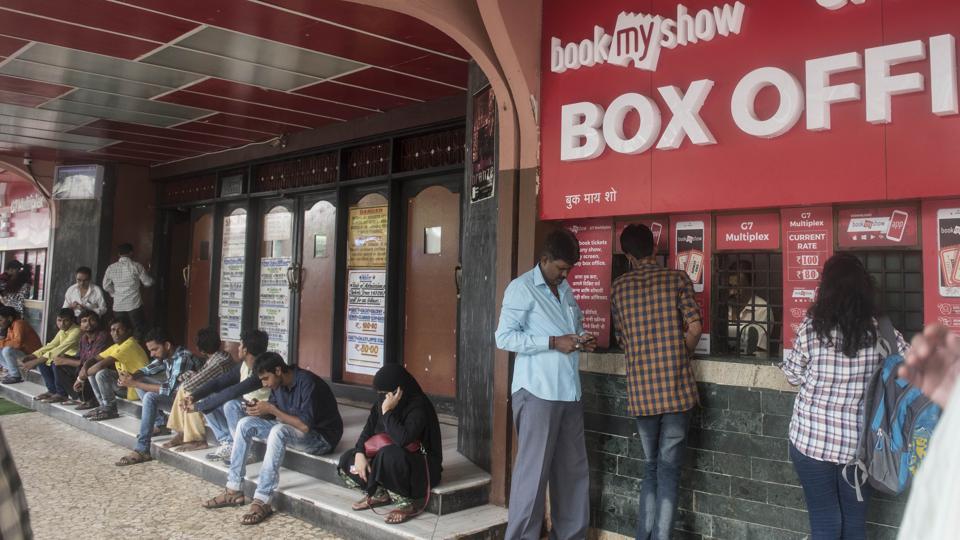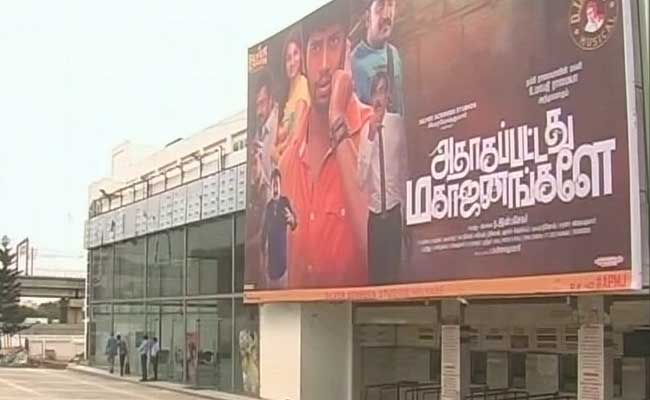
Around 1,000 Cinema Theatres In Tamil Nadu To Stay Shut From Today
After the implementation of GST on July 1, 2017, there had been many people supporting and also opposing the move or step taken by the Narendra Modi government. In this regard, nearly 1,000 theaters across Tamil Nadu are shut down on Monday.
It the first day of an indefinite strike called by theater owners to protest against the state’s imposition of 30% entertainment tax in addition to the 28% Goods and Services Tax (GST) on film trade. This will mean curtains in cinema halls are shut down for at least for 10 Tamil films that released in the past two weeks in Tamil Nadu.

The Tamil Nadu government has announced a separate tax in addition to GST. On Sunday, the talks by producers to resolve the impasse and convince the theater owners not to go ahead with the strike that first threatened on Friday.
Tamil Nadu Cinema Theatre Owners Federation President Abirami Ramanathan on Sunday evening announced that cinema hall owners would proceed with the strike to the agony of the producers of recently-released films.
Director R Kannan posted a message on Saturday that his film, which hit the theaters on Friday, will suffer a major loss if theater owners go on strike from Monday. “They announced the strike without prior notice,” Kannan said.

“How will I pay back loans I took to make this film? We have heard the pleas of the affected producers. A government order was passed on Friday, declaring that in addition to GST, the state will levy 30% entertainment tax which will be collected by local bodies,” Ramanathan said.
“We met the minister for information and publicity Kadambur Raju and discussed our concerns,” Vishal said. “We are hoping that the state government will roll back the entertainment tax on Monday.”
Abirami Ramanathan said in addition to 28% GST and 30% entertainment tax, theater owners have to pay an additional tax that local bodies levy. “It adds up to 68%, leaving us with just 32%,” he said. “Many theaters across the state shut on Sunday itself as it is not viable to pay such a huge percentage as a tax.”